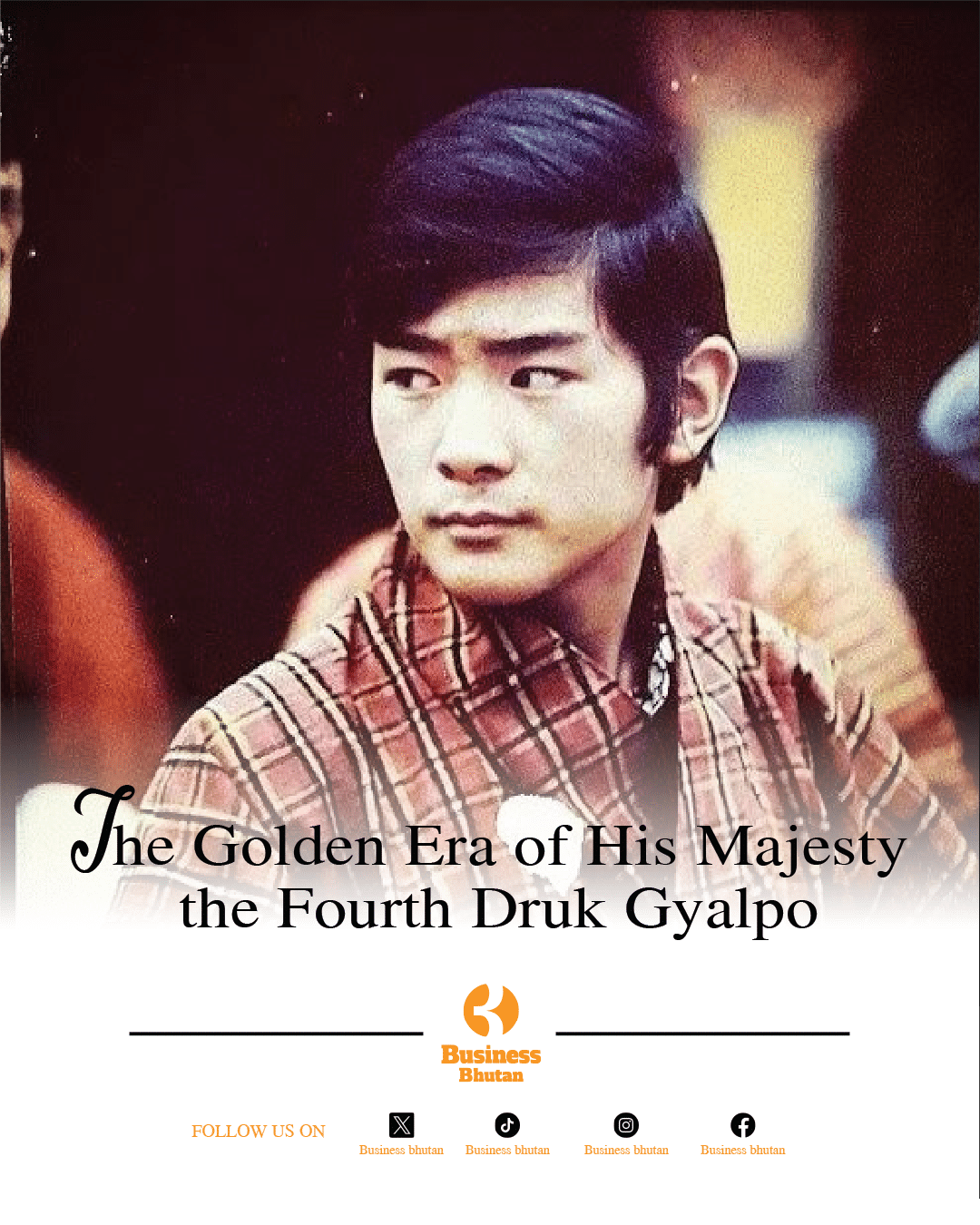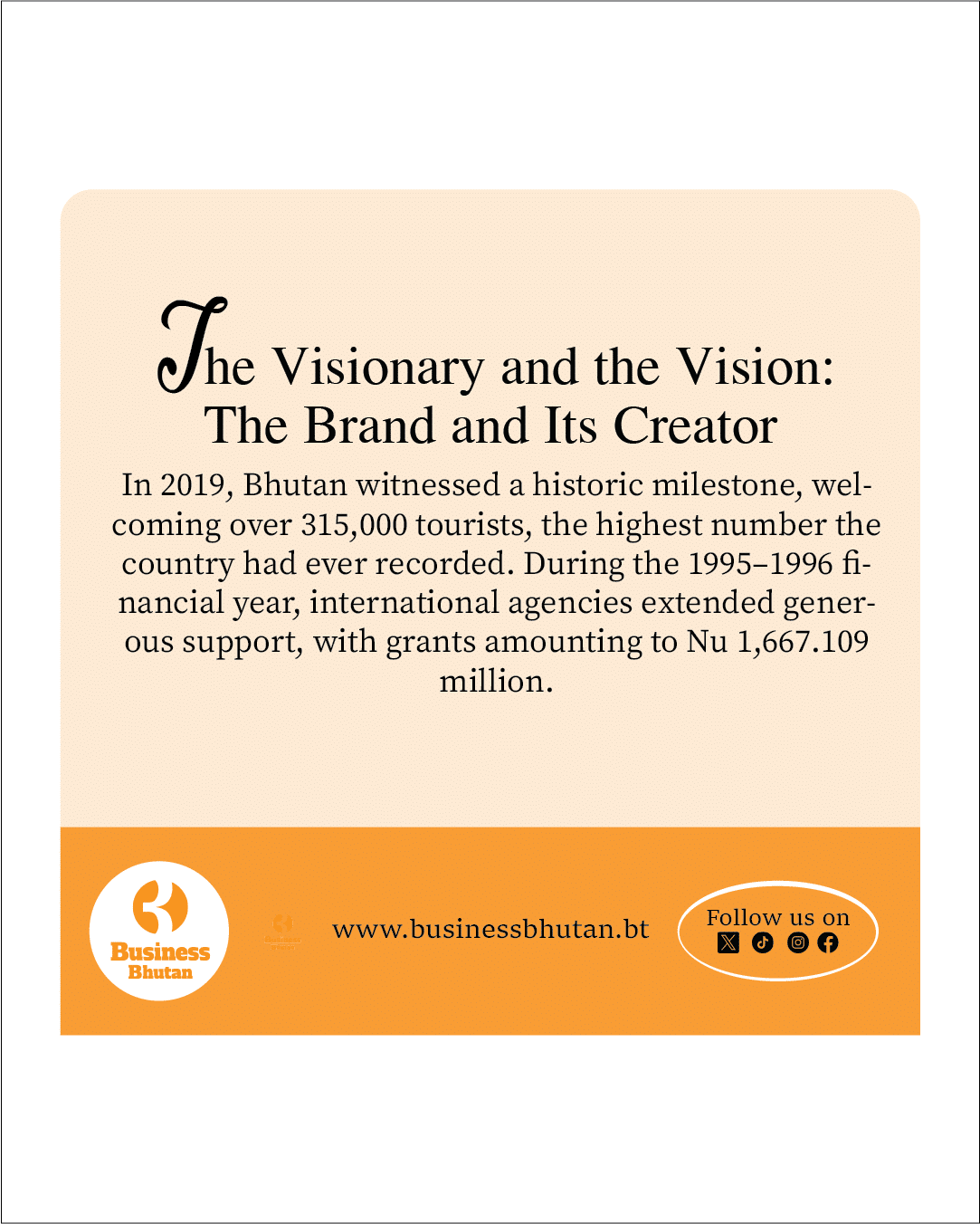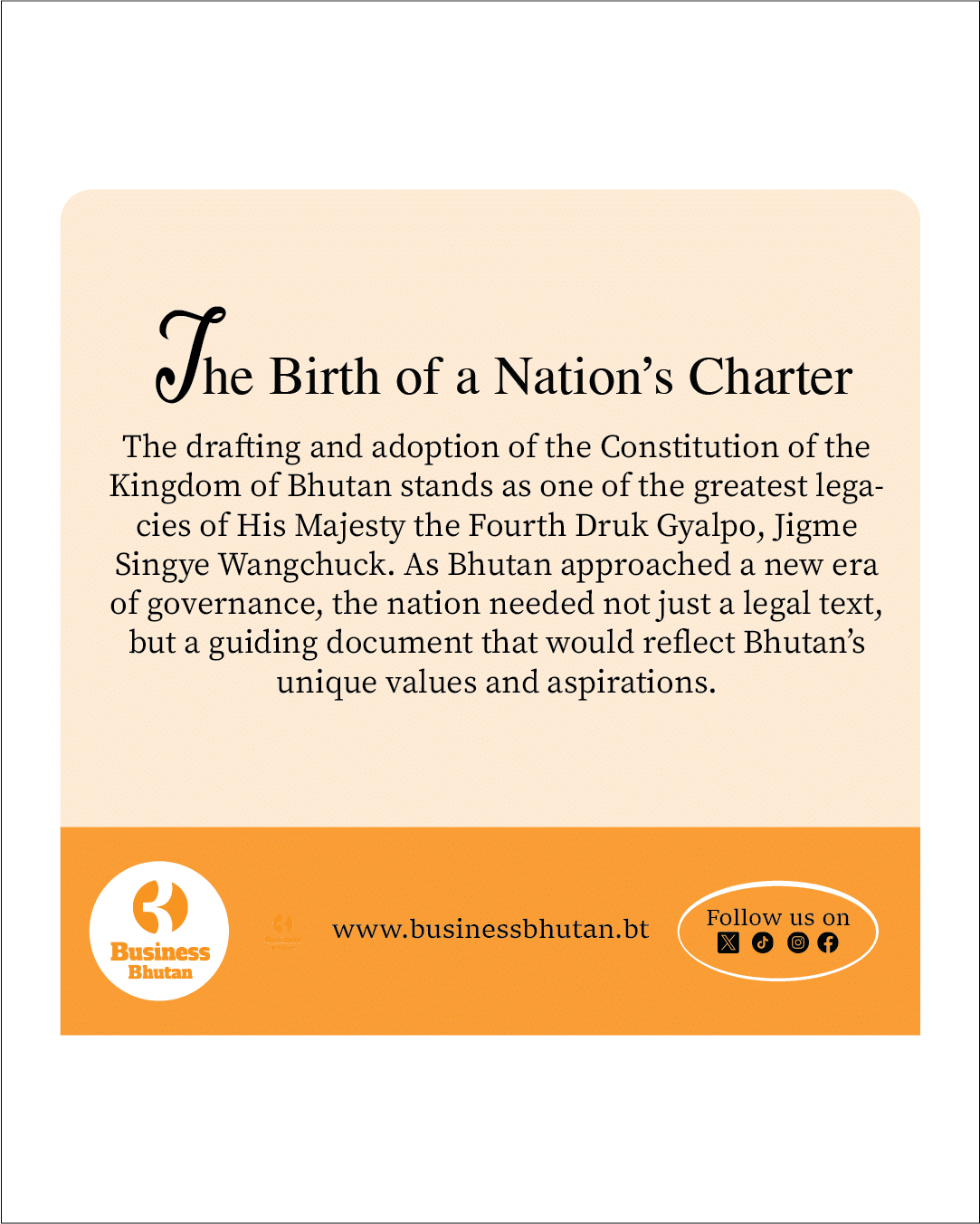When we reflect on the life of His Majesty the Fourth Druk Gyalpo Jigme Singye Wangchuck, many themes emerge — vision, courage, wisdom, and unmatched leadership. Yet above all, one word stands at the heart of his extraordinary life – sacrifice.
From the moment he ascended the Golden Throne at the age of sixteen, His Majesty sacrificed his youth, his personal dreams, and his own desires for the sake of his people. And decades later, in an act that astonished the world, he would sacrifice the greatest symbol of power — the throne itself.
Sacrifice is a profound act rooted in love, obedience, and faith. It is defined as the voluntary act of giving up something valuable for a purpose greater than oneself. It is not limited to material offerings — true sacrifice demands emotional strength, personal cost, and unwavering commitment. In Buddhism, sacrifice is deeply connected to dāna (generosity) and the practice of letting go. It is not measured by how much one gives, but by how much attachment one releases. And the highest sacrifice is not losing power. It is letting go of the attachment to power.
Buddhism teaches that real sacrifice is giving without expectation, acting without ego, and loving without conditions. His Majesty’s life reflects all three. Despite being loved and revered as a perfect King, His Majesty voluntarily abdicated the throne – not because he needed to, but because he believed Bhutan needed a democratic future. His Majesty gave up power to empower others. With this selfless act, he demonstrated the Buddhist truth that true greatness lies not in holding power, but in releasing it with grace.
In His Majesty’s life we also see the sacrifice of personal comfort. Buddhism teaches that compassion means placing others before oneself. During the 2003 military operation to protect Bhutan, His Majesty did not command from afar. He walked through dangerous forests, side by side with young soldiers and volunteers. He risked his life so that no one else would have to face danger alone.
He did not lead from the throne. He led from the frontlines. This is fearless compassion — the highest expression of Buddhist sacrifice.
His Majesty has sacrificed personal desire and made his life one devoted to the Nation. In Buddhism, dāna pāramitā (the perfection of giving) means letting go of personal desires for the happiness of others.
His Majesty’s entire youth was devoted to nation building. While others his age explored their personal lives, His Majesty built schools, hospitals, roads, institutions, and governance systems. His personal life was secondary — Bhutan was always first. Where others sought to rule, he sought to serve.
Sacrifice of recognition and giving credit to the people is another instance. Buddhism teaches that true giving is silent, without seeking praise.
Though His Majesty transformed Bhutan — politically, socially, and economically — he gave credit for every achievement to the people. He stepped out of the spotlight so the nation could shine. And even when the World acknowledged him, he said that the people of Bhutan deserves it. When glory was his to take, he chose humility instead.
The Fourth Druk Gyalpo did not only lead Bhutan. Instead he carried Bhutan. He gave up his youth, his comfort, his personal dreams, and ultimately, his throne. Every step was an act of love. Every decision, a testament to selflessness. Every sacrifice, a blessing for the nation.
His Majesty did not live for the crown. He lived for the people. In him, we witness the highest Buddhist ideal — the Bodhisattva spirit: To give, to serve, and to love without expectation.
His life teaches us that true leadership is not about being powerful, but about empowering others.
True sacrifice is not about losing something, but about giving everything for a greater purpose.
And for this and everuthing else, today and forever, the people of Bhutan bow in profound gratitude to the extraordinary leader whose sacrifices shaped the destiny of a nation.
Nidup Lhamo
From Thimphu















